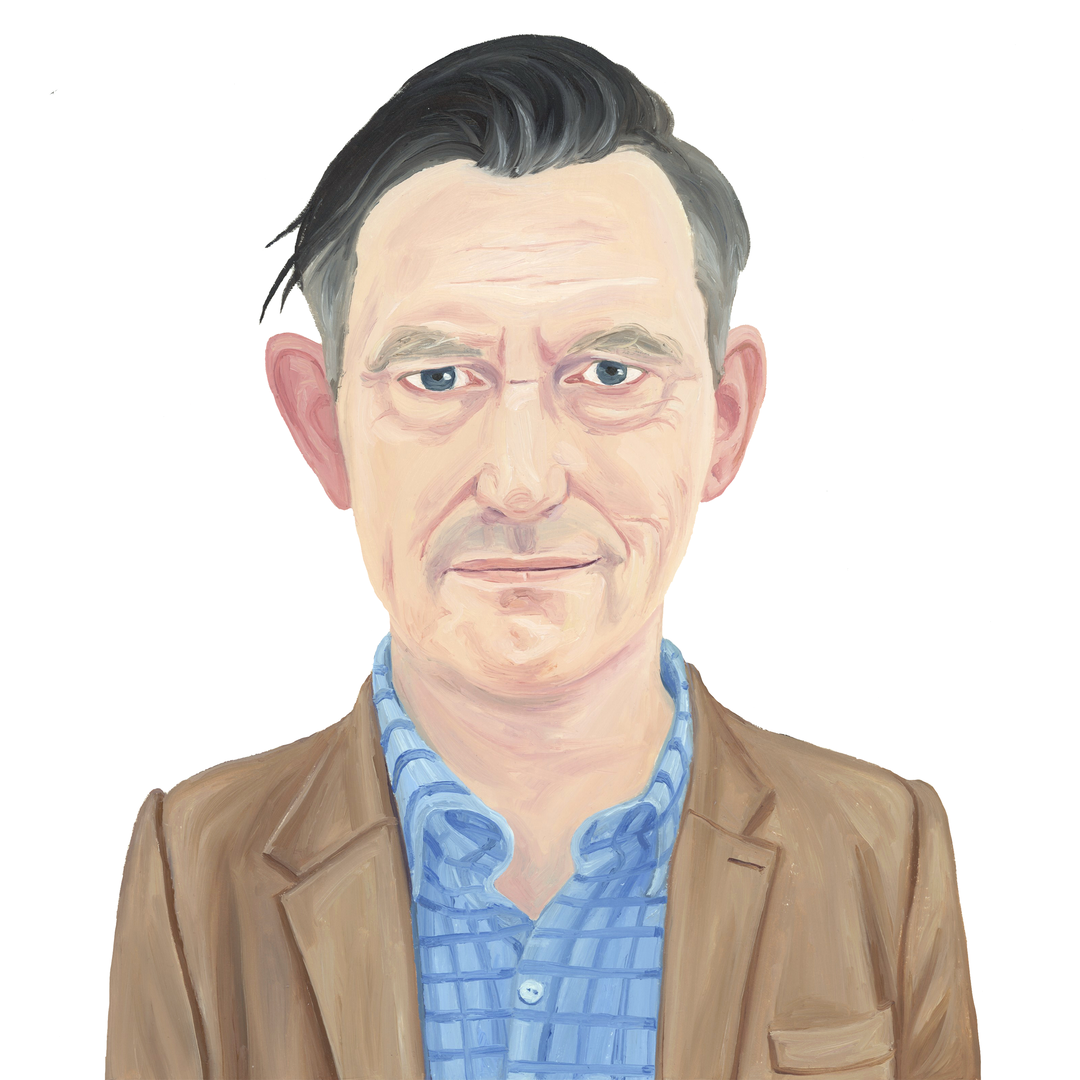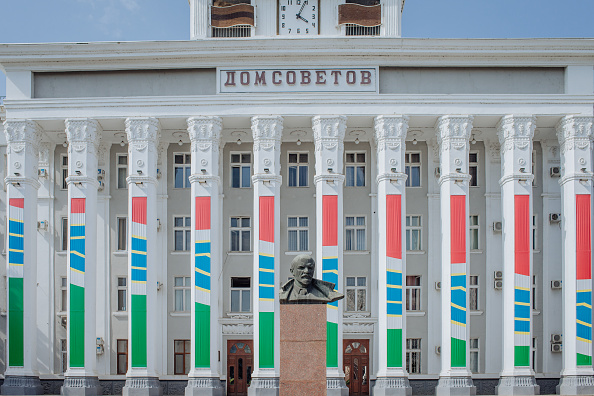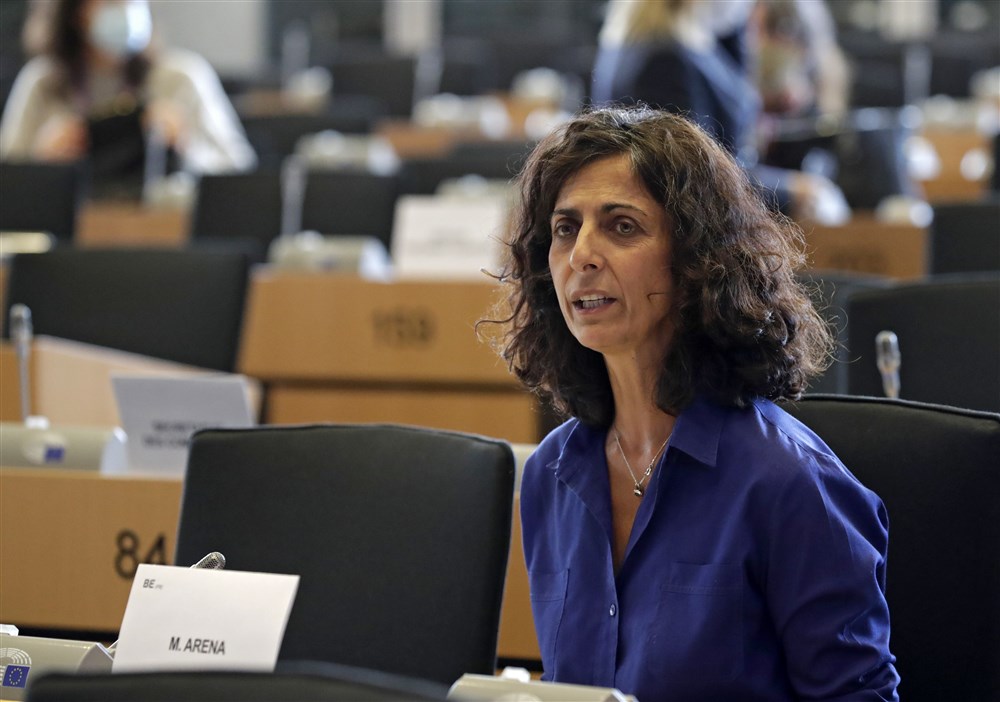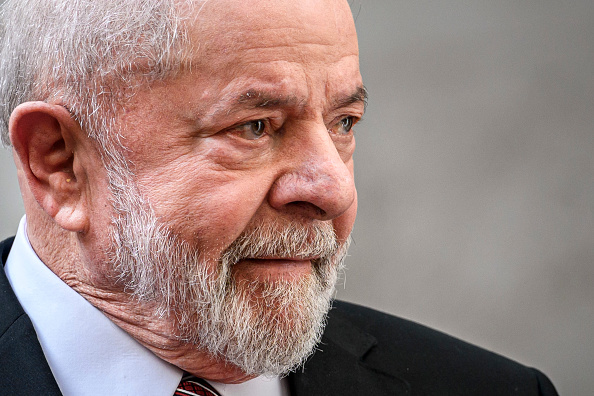A row breaking out at the European Central Bank (ECB) epitomises both the conflict and highlights the dominance of the easily visible diversity, over that of thought and conscience.
When the lawyer and climate change activist Frank Elderson, the Dutch member of the European Central Bank’s board was first appointed to his role on the Executive board in 2020, there was a flurry of questions as to his suitability under diversity rules.
The bank was falling down on its gender equality targets. He was another stale white male. His appointment was passed by the Economic and Monetary Affairs Committee of the European Parliament with, for the European Parliament, a surprisingly less than unanimous vote.
Elderson’s commitment to diversity was key. This was after he swore he would crack down on banks that, like the ECB itself in his case, failed to uphold EU expectations on gender diversity. The Parliamentary Committee made it clear what he was expected to do, he must focus on delivery “on the initiatives to promote diversity and gender mainstreaming”.
According to the ECB their recruitment page hails their commitment to the gods of diversity. Diversity and inclusion (europa.eu)
“We aspire to be an organisation in which diversity is welcomed and appreciated in all its facets for the richness that it offers. Enabling diversity is vital to our institution in order to deliver the best possible outcome for our staff and for Europe. The facets of diversity include – but are not limited to – age, disability, ethnicity, gender, gender identity, race, religion, sexual orientation and other characteristics.”
So when Elderson, this paragon of Equality, Diversity and Inclusion, spoke at a internal ECB meeting in February, saying:
“Why would we want to hire people whom we have to reprogramme because they come from the best universities but they still don’t know how to spell the word ‘climate’?”
He did not imagine he was saying anything controversial. Not only that, given how the modern world of academe is itself in thrall to the agenda it is refreshingly shocking that not all graduates from the best universities are completely immersed in the agenda.
But despite this, and despite the very clear caveat from the Staff Committee of the ECB about how they mostly subscribe to the climate change agenda, the committee has protested in no uncertain terms, saying that,
“the idea of ‘reprogramming’ people is very much in contradiction to diversity and inclusion, specifically diversity of thoughts, and concerning beyond those aspects.
“Many colleagues individually support the ECB’s decision to include climate change into the ECB’s mandate. Yet, there are also good reasons to question the legitimacy of the ECB to self-extend the boundary of its own mandate without any amendment of the legal framework and based on personal opinions of its leadership.”
This comes at a time when the Staff Committee is already showing serious discontent with the leadership of Christine Lagarde, and the six member Executive board on which Elderson sits.
In January a survey carried out by the internal staff union, the International and European Public Services Organisation (IPSO) showed that only 40 per cent had trust in her or their performance, a near 15 per cent drop since they were last surveyed under Mario Draghi, Lagarde’s predecessor.
The ECB has responded to the reprogramming row by restating Elderson’s commitment to diversity, of which he is a “staunch supporter”.
We of course know that, that is how he got the job in the first place. But what sort of diversity? And to what purpose?






Europe’s capital needs media to challenge the status quo: That’s why Brussels Signal is launching